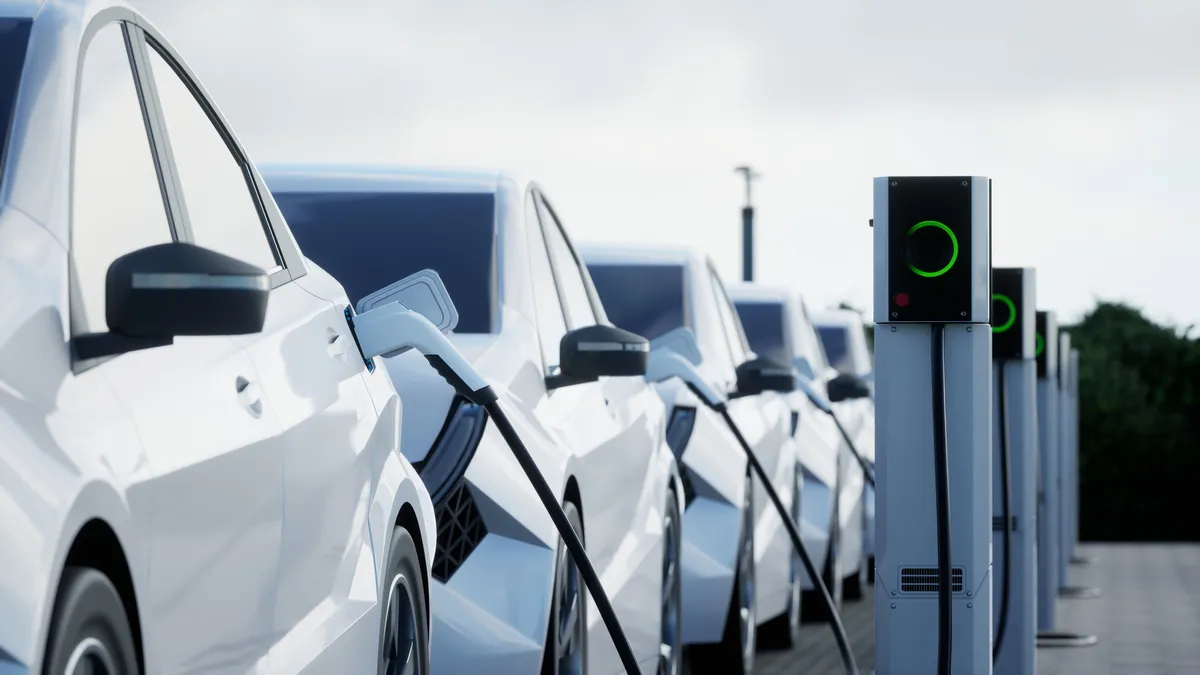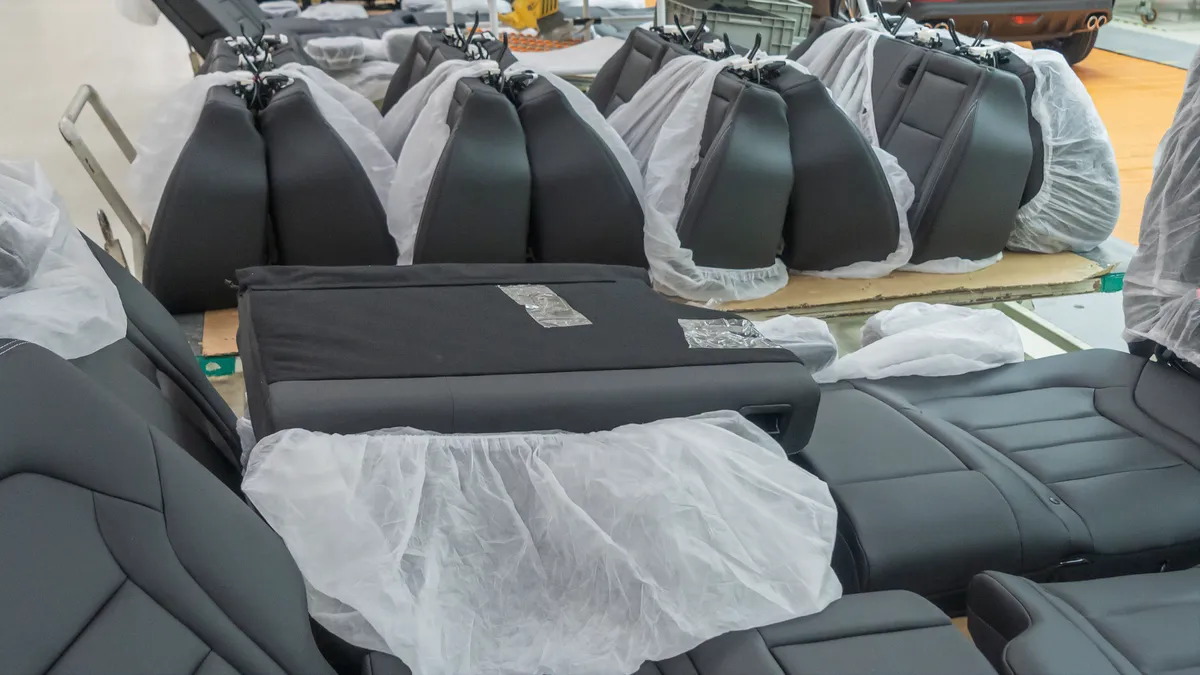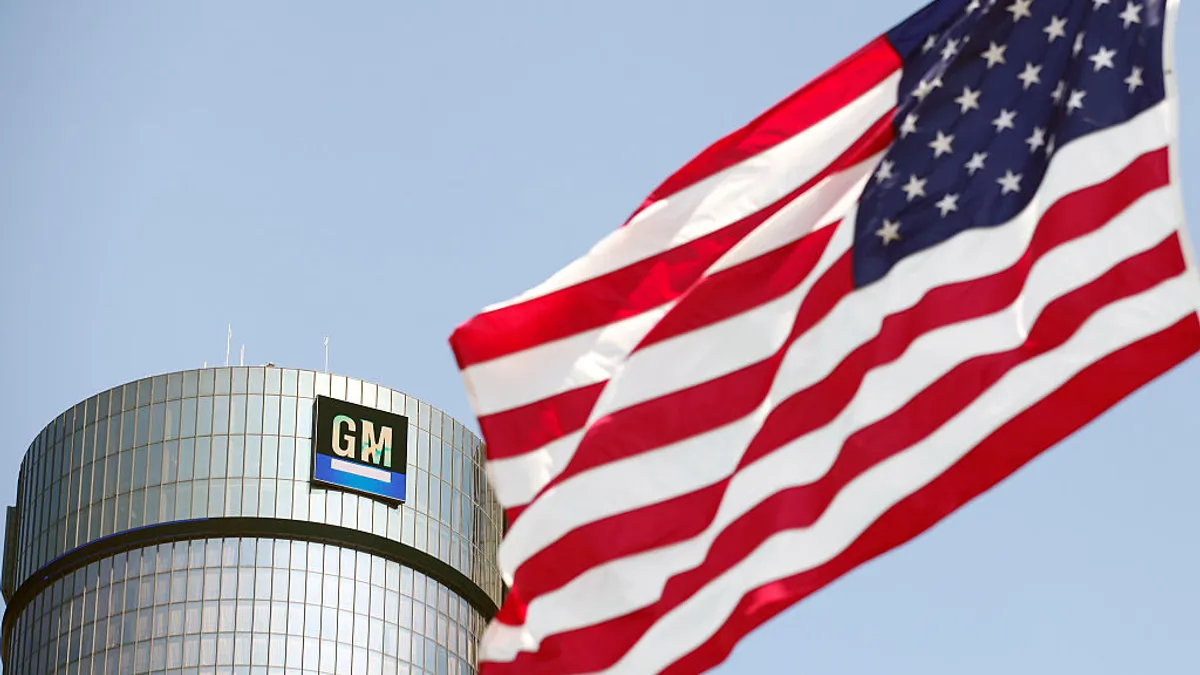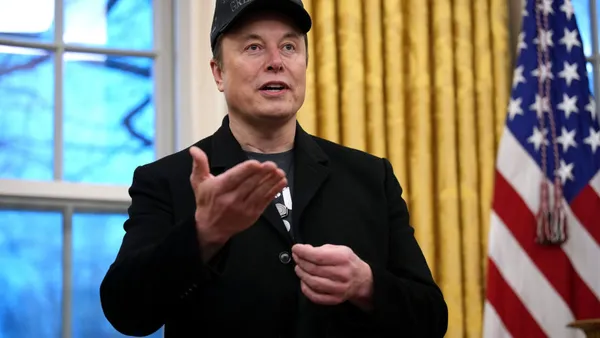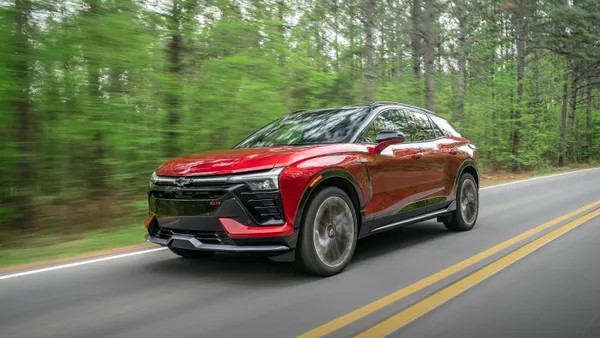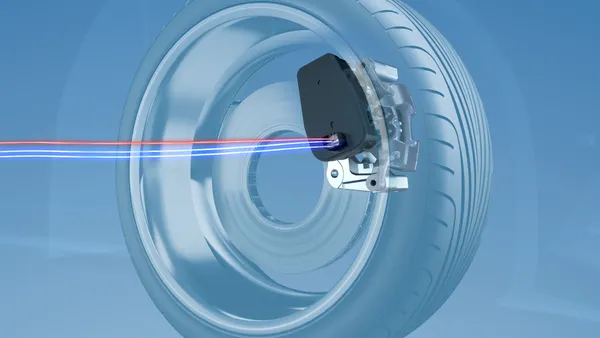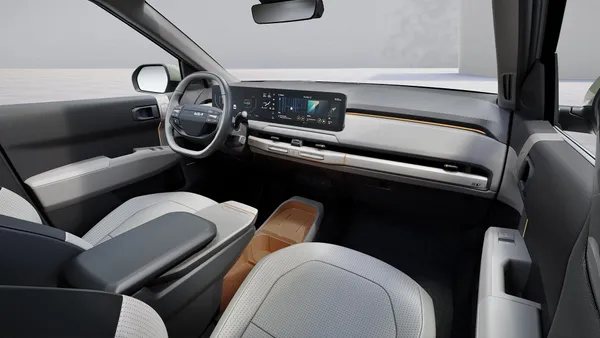The Federal Highway Administration on Jan. 10 announced $635 million in grants to build out electric vehicle charging and other clean transportation infrastructure across 27 states, four tribal areas and the District of Columbia.
More than three dozen projects expanding “community” EV charging will receive $368 million and about $268 million will go towards seven “corridor” fast-charging projects that build out charging and alternative-fueling capabilities along designated alternative fuel corridors, the Department of Transportation said.
The Cherokee Nation in Northeast Oklahoma will receive $10.7 million to install EV charging ports across 12 community locations. The City of Troy, Alabama, will receive more than $700,000 to install community charging at five key locations, including a hospital, museum, university and sports complex.
On the corridor side, the Port Authority of Houston will receive nearly $25 million to construct and operate a hydrogen fueling station in Bayport, Texas. And the Maryland Department of Transportation, in partnership with Pennsylvania, New Jersey and West Virginia, will receive $18.6 million to deploy alternative fueling infrastructure along the I-81 and I-78 corridors across those states.
In total, the grants will help install more than 11,500 EV charging ports and hydrogen and natural gas fueling infrastructure. The funds were made available through the bipartisan infrastructure law’s $2.5-billion Charging and Fueling Infrastructure discretionary grant program and a 10% set-aside from the National Electric Vehicle Infrastructure Formula Program, DOT said.
“This funding showcases the harmony in government efforts to maximize federal investments and will build on the Department of Energy’s work to develop the 21st century energy workforce and prepare the grid to power zero-emission fueling infrastructure nationwide,” said Jeff Marootian, principal deputy assistant secretary for the Department of Energy’s Office of Energy Efficiency and Renewable Energy.
The new charging and refueling locations will deliver “more accessible and equitable transportation options, create good paying new jobs, and open up opportunities for innovation in communities across America,” he said.
The Biden administration has made the transition to clean transportation a priority, and EVs made up almost 9% of U.S. light-duty vehicle sales in the third quarter of last year. JD Power anticipates EV sales to achieve a 36% market share by 2030.



